From enrollment and financial aid applications to third-party contracts, payroll reports and student transcripts, schools have an abundant paper trail. While it may be inefficient, costly and cumbersome, schools are often required by law and internal policies to keep hard copies for a period of time, often up to five years.
So, while paper documents aren’t going away, digital document management is the future. To improve document visibility, promote better collaboration, enhance security and minimize storage space, more schools are upgrading their digital document management processes.
In this post, we will cover:
Benefits of a Digital Document Management System
Campus Cafe Software’s integrated student information system has unlimited document storage that’s easy to navigate and keep organized. Moving toward digitization is the right move for a variety of reasons.
1. Improved efficiency
When you have readily accessible digital documents, staff from any department can search the centralized cloud database and retrieve what they need quickly and easily. While they’re at it, they can edit and share information with a few clicks.
Since digital documents are so easy to access, it improves student data management because it requires less time and resources than searching for paper files and manually making changes.
Alternatively, if you don’t want staff accessing certain documents, protections can be put in place (more on that in #3).
2. Cost savings
When your school creates digital copies, it reduces the need for paper, printing and personnel to manage all those files. You’ll still need hard copies, but they can live relatively undisturbed in a filing cabinet.
Digitized information is easier to share, edit and distribute, which cuts down on expenses for printing, mailing or resources to scan and upload forms.
3. Enhanced security
Keeping track of hard copies can be challenging and that’s a big security risk. Some files go into proper folders, but others are discarded or left on the printer. Files often have students’ and employees’ sensitive personal information and documents that can be copied or stolen are cause for concern.
When you reduce your reliance on paper documents, it improves security. Digital files can be restricted with access controls, two-party authentication, digital encryption or passwords. That fortifies your school against a cyber attack and protects sensitive data from theft or unauthorized users. Storing documents in the cloud also provides an additional layer of document protection.
4. Collaboration across departments
Digital documents will help your staff work faster and more accurately. Users can access the most updated versions from a common database and a single source of truth. Then, they can share as needed with colleagues. This process facilitates better collaboration and coordination while improving efficiency. No more sifting through files to find a contract or record.
5. Better compliance and reporting
If a school participates in the Title IV federal financial aid program it is required to regularly report data to the federal government and accrediting bodies, which is a labor-intensive and detailed process.
Digital document management helps simplify compliance requirements and reporting. Staff can easily search and access data and information needed for reports.
6. Rapid disaster recovery
When a man-made or natural disaster disrupts campus operations, digital documents allow your school to keep functioning. Staff can access important files and share vital information. In addition, cloud-based storage is a secure, off-site backup for your files, ensuring you won’t lose documents and can get back to business sooner.
7. Better decision-making
Digital documents offer users across departments the most recent data in real time. Working from a single source of truth improves accuracy and helps your staff manage and analyze critical information.
Further, digital document management helps ensure version control so everyone works from the most updated documents.
How Schools Can Implement a Digital Document Management System
If you’re picturing a room overflowing with file envelopes in a dusty building basement, you’re not wrong. Storing records is a logistical headache and a drain on resources. Schools need dedicated space for files and staff to keep everything (relatively) organized and accessible, and to help employees track down records.

While schools can’t vanquish paper, they can augment their document management systems with digital versions. From admissions to financial aid to the registrar, nearly every department can benefit from digital document storage and management (more on that later).
To start, you’ll need to convert paper files to digital, a process that requires time and resources. First, your staff needs to digitize existing records. They can scan or photograph files and upload them to the cloud. If that’s not an option, records can be manually converted to digital, but that’s a particularly time-consuming (and potentially error-prone) task.
Going forward, once your school commits to digital documentation, staff can follow procedures to convert documents. When a hard copy of a file comes in, an employee makes a digital copy. If records or documentation are submitted electronically, the digital file gets saved to a centralized, cloud-based location and the physical printout is filed.
Why Schools Still Maintain Paper Documents
Under some federal and state requirements, and individual school policies, higher education institutions must maintain paper records for key functions, students, employees and contractors for a period of time.
For instance, the federal government mandates that schools keep a minimum of three years of records related to Federal Student Aid programs, including student performance, distribution of funds and data on enrollment.
Additionally, many schools maintain students’ physical records up to five years after graduation or the date of a student’s last enrollment.
Institutions may also be required to keep documentation on employees and contractors, such as a personnel file, tax forms, performance reviews and work contracts. Some records have to be retained for a minimum of seven years.
Campus Cafe’s Student Document Management System
While your school can’t go paperless just yet, digital document management reduces your dependency on hard copies, improves communication and collaboration, and strengthens security for sensitive information.
Campus Cafe Software’s student information system offers the latest functions and security all in one integrated system. Here are some of the features:
- Integrated storage: While some student information systems require a third-party app to pull in documents, Campus Cafe’s system includes document management for seamless operations and cloud-based access.
- Customizable: Our document management system can work with a variety of automation rules, workflows and integrations.
- Documents can be assigned to workflows that trigger notifications or activities, such as approvals or reminders.
- Users can configure document requirements for access and uploading
- Unlimited documents means your team can create as many files as needed
- Capable of integration with digital signatures through DocuSigh, a third-party integration, so users don’t have to leave the system to sign documents.
- Cloud-based: Digital documents are stored in a single location on the cloud, eliminating the need for on-site servers.
- Unlimited storage: Your team can convert an unlimited amount of paper files to digital and create new documents at no extra cost.
- Easy-to-use system: Allows users to attach as many records, file types and documents to a student’s file as needed. Ability to quickly search and open files with a single click.
- Integrated CRM: Allows prospects, applicants, students and parents to attach digital files to a student’s application and record. Reduces emailing attachments or sending physical hard copies.

The Bottom Line: Digital Documents are the Future of Student Data Management
Digital files just make better business sense. By moving to an SIS with integrated digital document management, your school can simplify data access, streamline file management and improve security.
This helps your team better manage student information while facilitating better practices for compliance and campus management.
Ready to see how Campus Cafe’s integrated, cloud-based document management system can transform your school? Contact us for a demo today.








